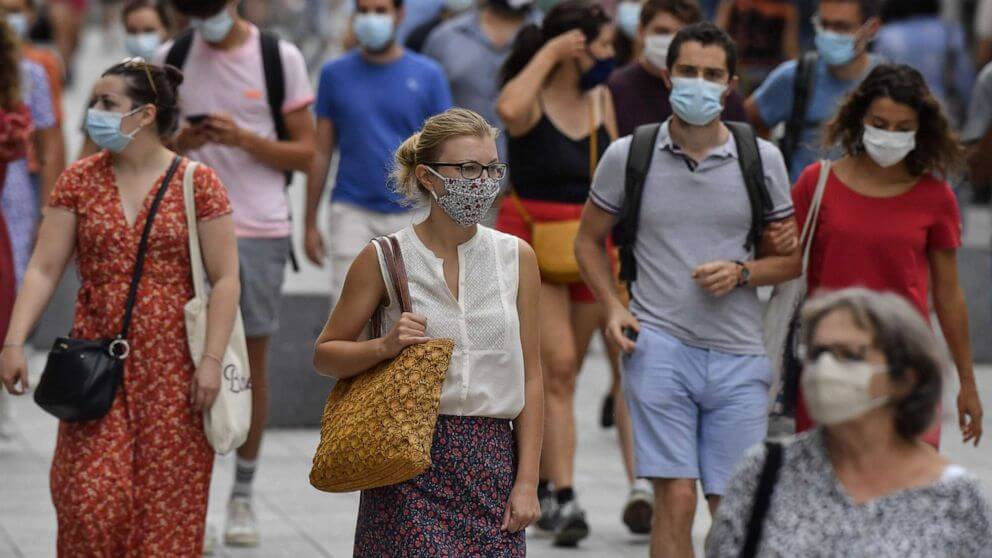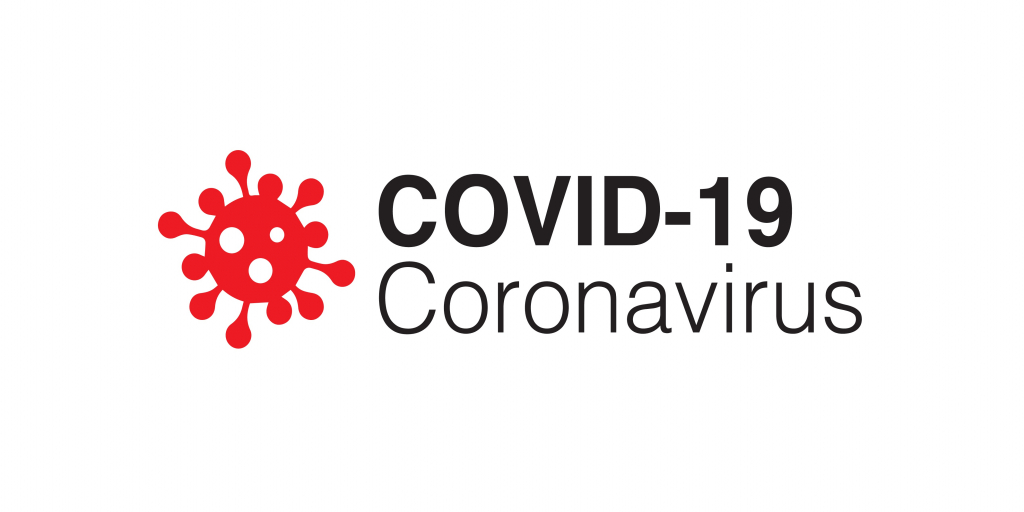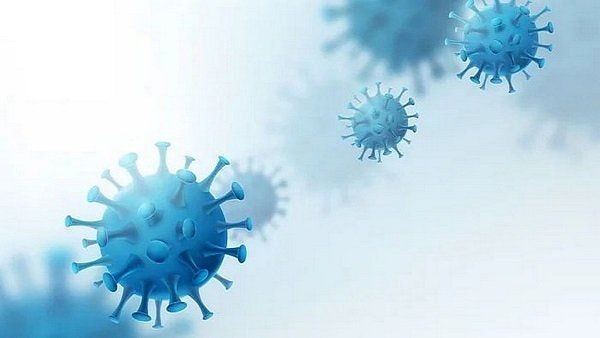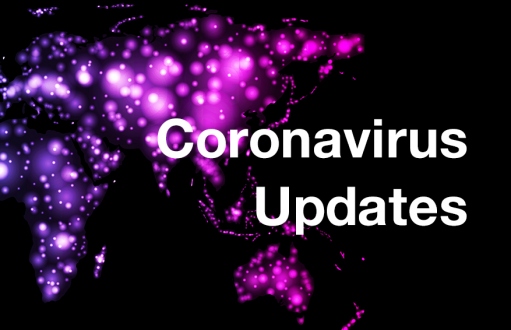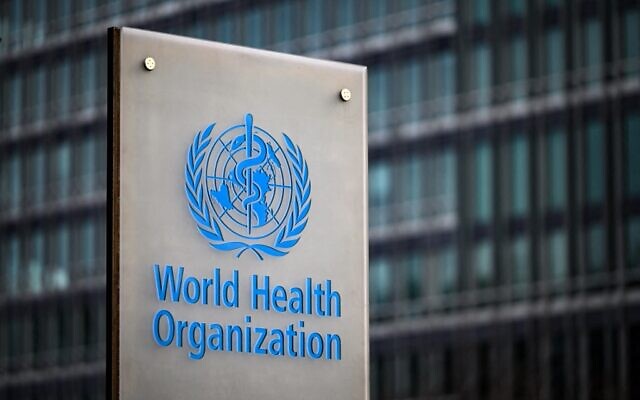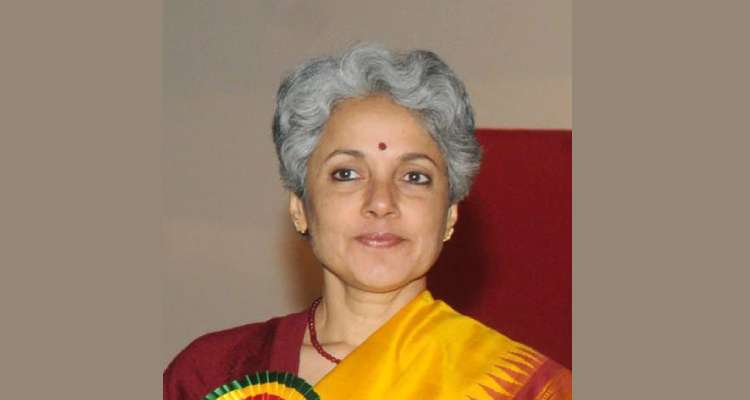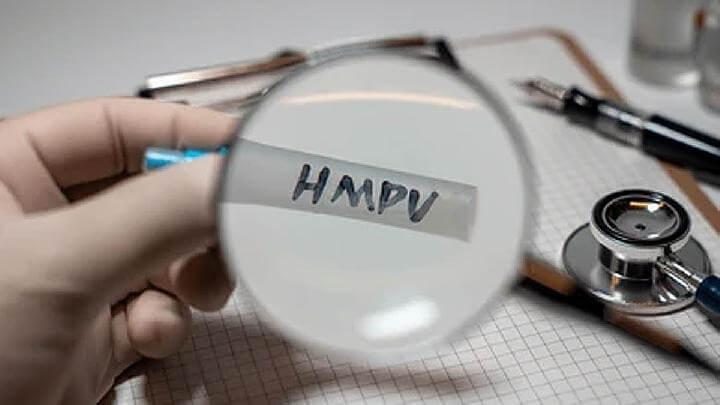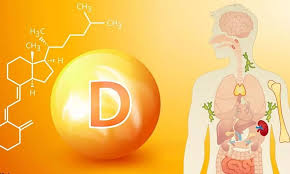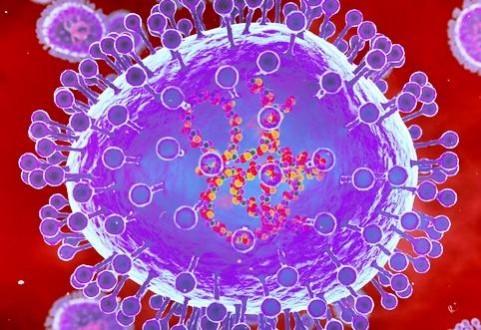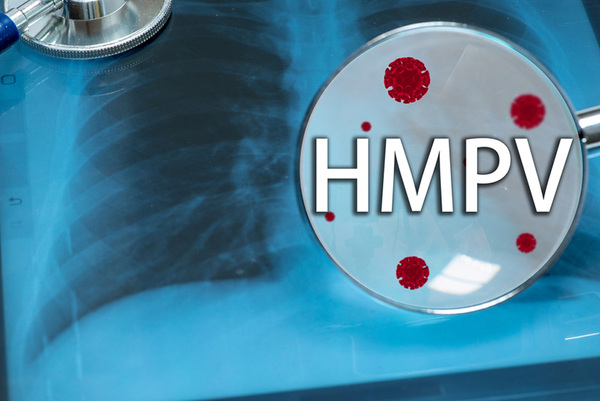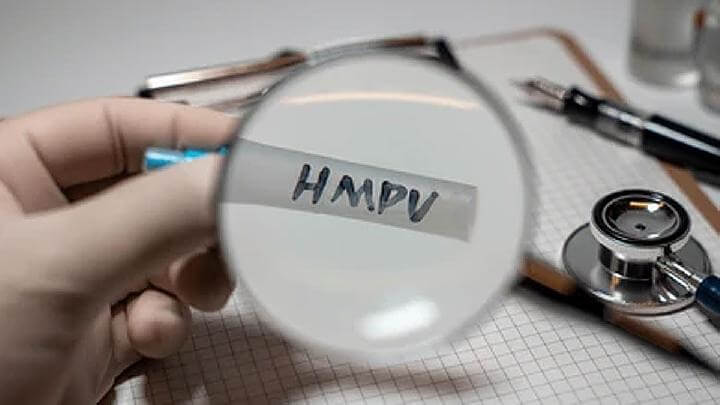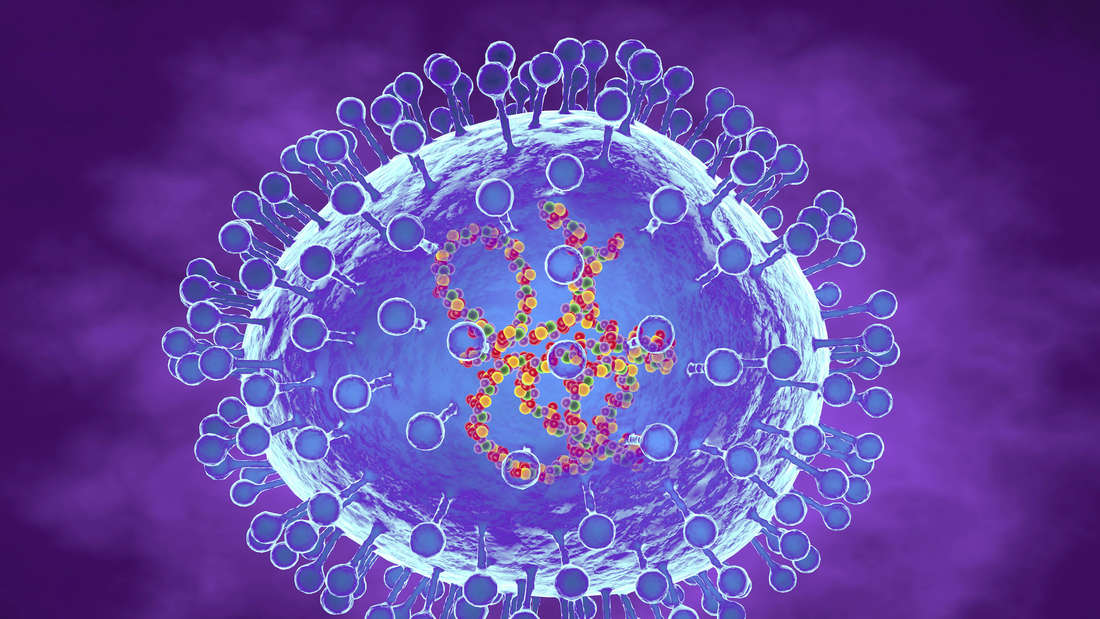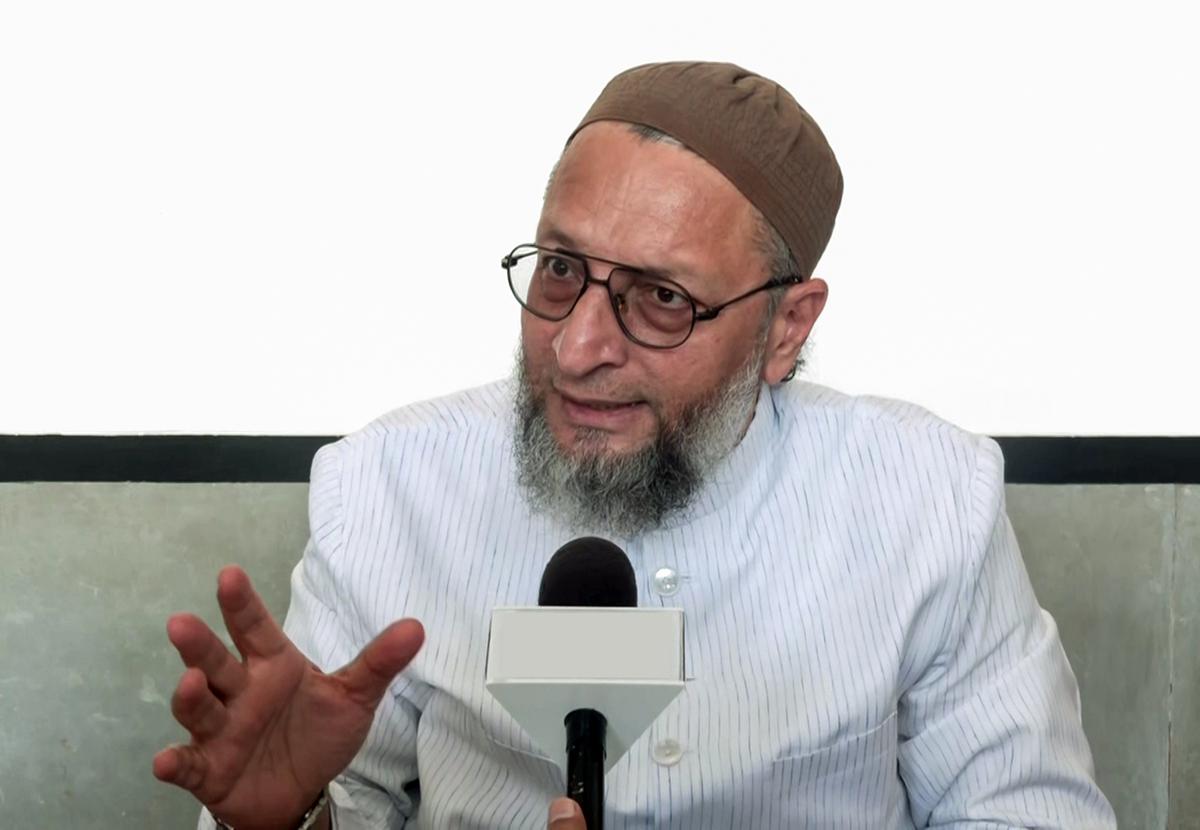European countries re-imposing restrictions due to second wave of Covid-19
Mon 26 Oct 2020, 09:44:29

A second wave of COVID-19 has returned to Europe, forcing many countries to reimpose curfews, partial lockdowns and other restrictions. Countries across Europe are implementing new measures to combat the spread of coronavirus, as infections surge and new cases hit record highs in the European Union.
Polish authorities ordered schools and restaurants closed for two weeks, while France extended its curfew to affect over two-thirds of the population. France has reported a record number of daily infections. German capital implemented new mask-wearing requirements on busy streets.
In Denmark, the government has announced a ban on evening alcohol sales and tightened the cap on public gatherings. The government has also reduced the number of people allowed to attend gatherings from 50 to 10.
After the Baltic states of Latvia and Lithuania registered record infection
tallies, the two countries implemented new measures to combat the virus. These include limits on the number of participants allowed at events and new mask requirements.
tallies, the two countries implemented new measures to combat the virus. These include limits on the number of participants allowed at events and new mask requirements.
Belgium ordered pubs and restaurants to close this week, along with a night-time curfew and strict limits on gatherings. The country also tightened curbs on social contacts by banning fans from sports matches and limiting numbers in cultural spaces.
Spain also announced emergency measures including curfew.
Under the emergency measures, local authorities can also ban travel between regions. Prime Minister Pedro Sánchez said he will ask parliament to extend the new rules for six months. In Italy, new restrictions were also announced yesterday. The government said the steady rise in cases is causing a huge strain on the country's health services.
No Comments For This Post, Be first to write a Comment.
Most viewed from Coronavirus Updates
Most viewed from Health
AIMIM News
Asaduddin Owaisi questions PM Modi's China policy
Jan 08, 2025
Owaisi slams UP over police post near Sambhal mosque
Dec 31, 2024
Owaisi hails SC order on Places of Worship Act
Dec 13, 2024
AAP Corporator Tahir Hussain joins AIMIM party
Dec 11, 2024
Latest Urdu News
Most Viewed
May 26, 2020
Which political party will win the Delhi Assembly polls to be held on Feb 5?
Latest Videos View All
Like Us
Home
About Us
Advertise With Us
All Polls
Epaper Archives
Privacy Policy
Contact Us
Download Etemaad App
© 2025 Etemaad Daily News, All Rights Reserved.


